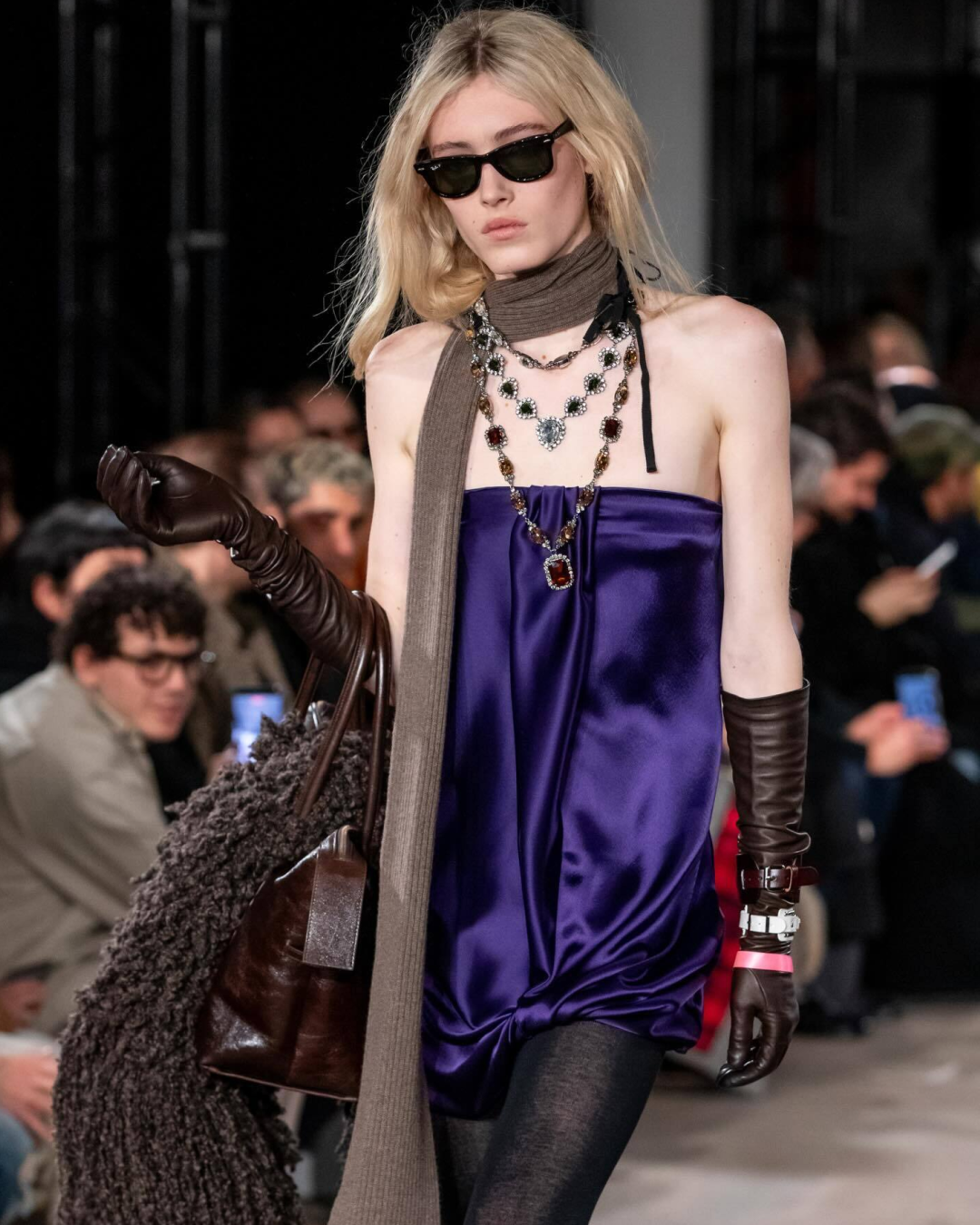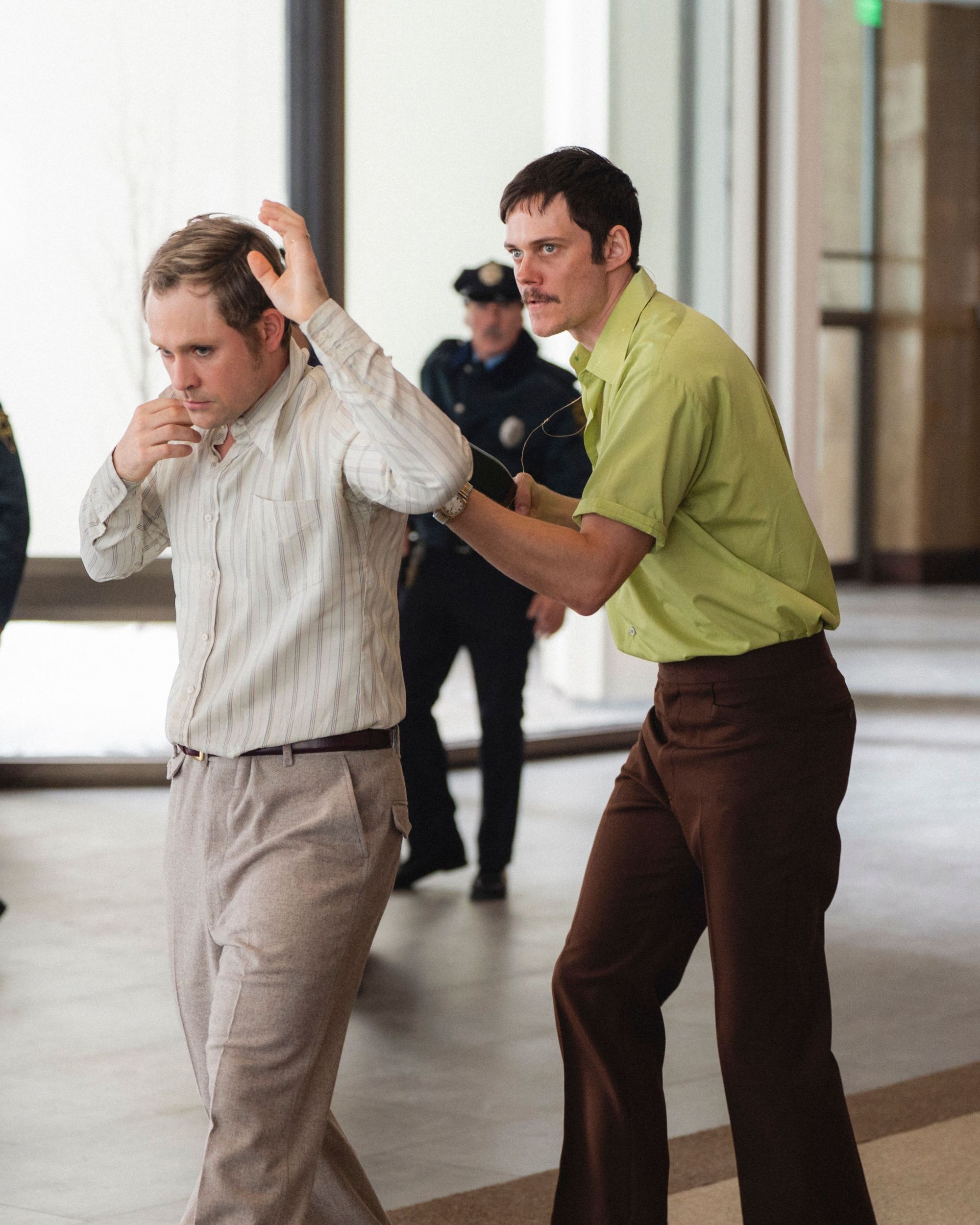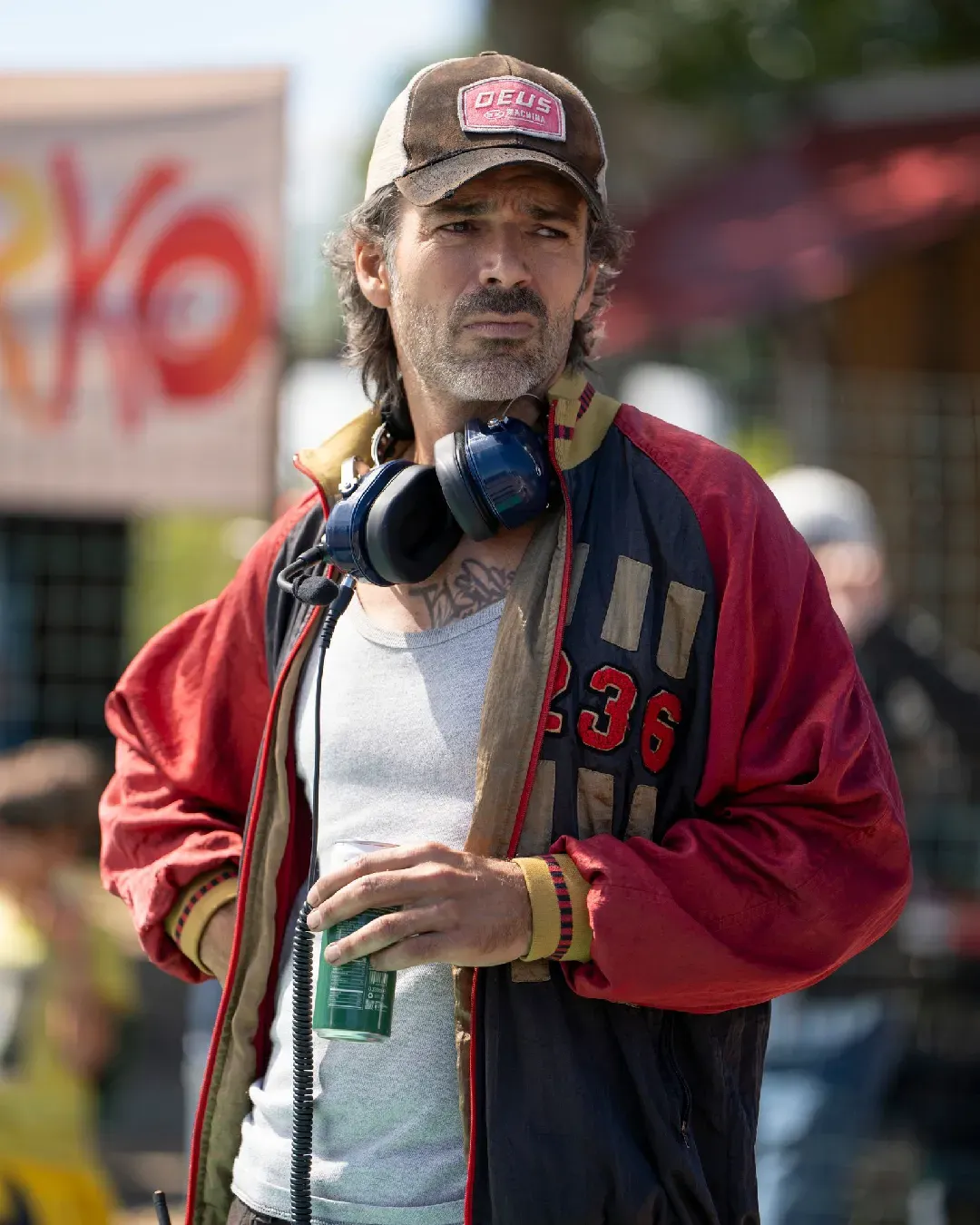
All the musical artists with whom Guadagnino has worked And the importance of music in the director's cinema, from Io sono l'amore to Queer
Since yesterday, Queer, the latest film by Luca Guadagnino based on the novel of the same name by William S. Burroughs first published in 1985, has been in Italian cinemas. Starring Daniel Craig as the American writer’s alter ego, it's a work in which music plays a key role, almost as if it were a character of its own. This is nothing new for those familiar with the director’s filmography. As Carlo Valeri wrote in the latest issue of Linus, entirely dedicated to the Italian filmmaker, «in all of Guadagnino’s filmography, every musical piece seems to fulfill a perceptive, intimate, and theoretical function, never merely decorative or trivially didactic.» At the Venice Film Festival, the director himself once declared: «The passive use of music is a mortal sin for any filmmaker,» adding, «The day I make something where music is used only as background noise, I’ll go to Switzerland and let myself die.»
Guadagnino had his first cine-musical epiphany in 1987, struck on the road to The Last Emperor by Bertolucci, whose soundtrack was composed by an exceptional trio: David Byrne (Talking Heads), Cong Su, and Ryuichi Sakamoto. The second, much more recent epiphany came in 2005, introducing him to the music of John Adams, which he never abandoned: the great American composer, Pulitzer winner in 2003, has been used extensively by Guadagnino since his debut film I Am Love. Apparently, it all began with a copy of Naïve and Sentimental Music, gifted by a Sony executive he was working with. Attempting to explain his fascination, the director stated in a long interview with Pitchfork that Adams’ music «has the ability to interpret reality, the story of reality, the story of the United States, and to understand even the boundaries of music to become a shrewd exploration of human identity and the political relationship that binds us all.»
@srsnflms Film: Call me by your name #callmebyyourname #callmebyyournameedit #cmbyn #cmbynedit #timotheechalamet #timotheechalamet #armiehammer #armieandtimothee #movie #movieclips #movierecommendation #film #filmclips #1980 #1980s #1980svibes #1980saesthetic #edit #mysteryoflove #italy #boyslove #fyp #foryoupage Mystery of Love - Sufjan Stevens
However, he didn’t fall in love with just one composer. Throughout his career, Guadagnino has entrusted the writing of original music to various refined musicians, mostly with an (indie) rock background, yet capable of transcending genre boundaries—such as Sufjan Stevens, Oscar-nominated for the soundtrack of Call Me By Your Name (2017), and Thom Yorke of Radiohead, who composed the music for Suspiria (2018). A separate mention goes to classical composer Dev Hynes, better known by his stage name Blood Orange, a project blending R&B textures and vaporous 80s synths. Initially contacted just to appear in a concert scene at Locomotiv in Bologna, he ended up composing the entire soundtrack for Guadagnino’s TV series We Are Who We Are, managing to merge two seemingly distant worlds—Schubert and Philip Glass on one side, and avant-garde R&B on the other.
Later on, Guadagnino established a strong bond with two musicians-turned-film-composers: Trent Reznor and Atticus Ross – respectively leader and producer of Nine Inch Nails – who became pillars of the industry, winning two Oscars for the soundtracks of The Social Network (2010) and Soul (2021). With them, Guadagnino composed original music for his latest works – Bones and All (2022), Challengers (2024), and now Queer (2025). Their collaboration became so close and intimate that they even wrote an original song together: Compress/Ripress for the Challengers soundtrack. This synergy resulted in something astonishing across all three works. In Bones and All, two key elements stood out: visceral, unsettling synth tracks immersing the viewer in the film’s horror atmosphere, and a recurring acoustic guitar theme evolving alongside the characters and their most intimate relationship: I'm With You (A Way Out), I'm With You (You Seem Nice), I'm With You and finally I’m With You (Always).
@sonysoundtracks the GRAMMY-nominated music of #ChallengersMovie Trent Reznor & Atticus Ross’ acclaimed original score was nominated in the Best Score Soundtrack (Film/TV) Category at the 67th Grammy Awards! Which track is your favorite? : The Film Zone on IG #challengers #grammys #zendaya #tashiduncan #patrickzweig #artdonaldson #trentreznor #soundtrack #filmscore original sound - Sony Soundtracks
In Challengers, on the other hand, the central idea was to transform the tennis court, where most of the film takes place, into a kind of metaphorical dancefloor for the three protagonists to "dance" on. As David Foster Wallace explained in Infinite Jest, tennis is a kind of dance. Guadagnino’s winning intuition was to crank this concept up with techno music blasted at high volume, like a rave party echoing the players’ accelerated heartbeat and the frenzied back-and-forth of the ball. Since the story is also a ménage à trois, the other key element was to make everything deeply sexy like an erotic dance. Reznor recalled in an interview with GQ how Guadagnino insisted that all the music revolve around three key words: «Unending homoerotic desire.»
A triad that also seems to guide the sound design of the latest Queer, a film telling the story of a dissolute man’s romantic and psychotropic adventure, desperately seeking a lover for the night and a magical drug for life. However, the final musical result from Reznor and Ross here is decidedly darker than in Challengers or any of their previous film work: everything sounds more dreamlike, almost ghostly, a kind of lightly jazz-infused ambient music, deliberately overly sentimental—just like the protagonist’s narration. Most tracks have a muffled atmosphere, as if everything were wrapped in a ghostly veil of inconsolable sadness. After all, the track titles speak for themselves: The Saddest Man in the World, Love Would Shatter, Thinking is not enough, Place of Failure, etc.—all quotes from the last page of Burroughs’ diary, written two days before his death in 1997—songs born from a handful of romantic and nostalgic melodic phrases. This is especially evident in the lead single Vaster Than The Empires, which features two particularly poignant quotes from the diary sung by Caetano Veloso. The first comes from a friend who described Burroughs as the saddest man in the world: «How can a man who sees and feels be anything but sad?» Burroughs writes. The second, noted beside it, is taken from the 17th-century poem To His Coy Mistress by Andrew Marvell: «Our love shall grow vaster than empires and more slow.» It’s the same rhythm and overwhelming scope of love that pervades the entire soundtrack, whose final track LOVE was also the last word in Burroughs’ diary: «the most natural painkiller there is.» Just like music.













































